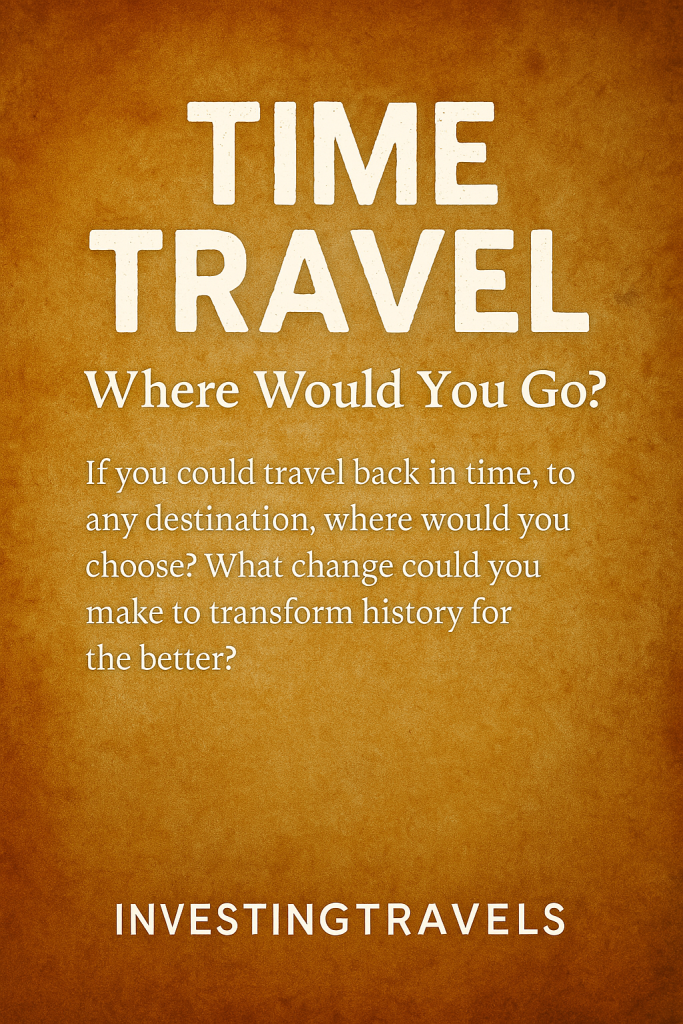There is no such thing as a stupid question, especially when it comes to cruises. If you’ve ever tried to ask a question in a cruise Facebook group, you’ll know that responses can sometimes be less than kind.
If you’re a cruise newbie, there are a lot of things that might not be apparent. A cruise vacation is a world apart from a typical land-based holiday. But once you’ve experienced your first cruise, you’ll quickly find your sea legs.
In this article, I’ve compiled answers to some of the most common and uncommon questions from cruise newbies. So, if you’ve ever felt silly for asking a cruise-related question, this article is for you.
1. Do I Need a Passport?
The requirement for a passport hinges on your cruise’s route. For “closed-loop” cruises that begin and conclude at the same U.S. port, a passport may not be mandatory. However, you’ll need a government-issued ID and proof of citizenship, like a birth certificate. It’s always wise to carry a passport for unforeseen circumstances, such as needing to fly back from a foreign port.
2. How Do I Reserve My Spot?
Booking a cruise is similar to booking a flight or hotel. You can either go through a travel agent specializing in cruises or book directly through the cruise line’s website. Some websites also offer package deals that include flights, hotels, and the cruise itself.
3. What’s Covered in My Ticket Price?
Your ticket generally covers your accommodation, meals in the main dining areas, and basic onboard activities and entertainment. Some cruises also offer complimentary room service.
4. What Additional Costs Should I Expect?
Additional expenses can include specialty dining, alcoholic beverages, spa treatments, shore excursions, and onboard shopping. Wi-Fi and gratuities are also typically extra.
5. Is Travel Insurance Necessary?
While not mandatory, travel insurance is highly recommended. It can cover medical emergencies, trip cancellations, and other unforeseen events.
6. What’s the Check-In Process?
Check-in procedures vary by cruise line but generally involve online check-in a few days before departure. You’ll receive a boarding pass, which you’ll present along with your identification documents upon arrival at the port.
7. What Should I Bring?
Pack casual clothes for daytime and formal attire for special evenings. Don’t forget essentials like medications, sunscreen, and a camera. Some cruises have specific dress codes, so check in advance.
8. Is Internet Access Available?
Most modern cruise ships offer Wi-Fi, but it’s usually not included in your ticket price. Packages can be pricey, so plan accordingly.
9. What’s the Culinary Experience Like?
Cruise ships offer a variety of dining options, from buffet-style to fine dining. Special dietary needs are generally accommodated if notified in advance. Many first-time cruisers also wonder if the main dining room is included in the price of the cruise, and the answer is yes. It’s not just the buffet that’s included in the price. There are plenty of places to eat on a cruise ship that are included in the price. The offerings can vary by cruise line and ship, but typically, in addition to the dining room and buffet, you’ll find casual fare like poolside pizza and burgers, a cafe with various pastries and savory bites, soft serve ice cream, and more.
10. Can I Pack My Own Drinks?
Cruise lines have strict policies on bringing your own alcohol. Some allow a limited amount of wine or champagne, but most prohibit hard liquor. Check the cruise line’s policy before packing. It’s important to know that basic drip coffee and tea are always free on a cruise. If you want specialty coffee, you may have to purchase a beverage package.
11. Is There a Dress Code?
While daytime attire is generally casual, evenings may require formal wear, especially for special events like the Captain’s Dinner.
12. Is Medical Help Accessible?
Most cruise ships have a medical facility and a qualified medical staff to handle minor issues. For severe medical emergencies, the ship can divert to the nearest port.
13. What’s the Emergency Protocol?
In case of emergencies, all passengers are required to participate in a muster drill, which instructs you on safety procedures and the location of life vests and lifeboats.
14. Is Smoking Allowed?
Smoking policies vary, but most ships have designated smoking areas. Smoking is generally not allowed in dining areas, theaters, or cabins.
15. What Leisure Activities Can I Expect?
From swimming pools and fitness centers to live shows and casinos, cruise ships offer a wide range of activities. Some even have rock climbing walls, zip lines, and ice-skating rinks.
16. How Do Onboard Payments Work?
Most cruise lines operate on a cashless system. You’ll receive a key card linked to your onboard account, which you’ll use for all purchases.
17. Should I Tip Staff?
Gratuities are usually added automatically to your onboard account, but you can adjust the amount at the guest services desk. Some passengers prefer to tip in cash for exceptional service.
18. How Do Land Excursions Work?
Shore excursions can be booked in advance or onboard. They range from city tours to adventure activities and are usually not included in your ticket price.
19. What Happens on Disembarkation Day?
On the last day, you’ll need to settle your onboard account and vacate your cabin by a certain time. Luggage is usually collected the night before. You may be wondering if you could pack your bags, leave them with the ship’s staff, and stay on board if you have a late flight. Unfortunately, that’s not possible. Cruises aren’t like hotel stays. All passengers need to be off the ship in the morning so that the crew can clean the staterooms and prepare for the next set of guests.
20. What If I Experience Seasickness?
Over-the-counter medication is available onboard, and most modern ships are equipped with stabilizers to minimize motion.
Other Items to note:
One major concern for first-time cruisers is safety, specifically, the risk of falling overboard. While it’s true that there have been incidents of people going overboard, these cases are extremely rare. Most of these incidents are intentional or occur when people do dangerous things like climb over balcony railings.
If you’re worried about making phone calls from a cruise ship, the advice is to put your phone on airplane mode and purchase a wifi package if you want to communicate while at sea.
Another common question is about the quality of the water on board. Rest assured, cruise ships have water filtration plants, and the water is safe to drink. You can find water stations in the cruise ship buffet and sometimes near the pool. Just remember to bring a refillable water bottle.
Cruise ship cabins come with their own bathrooms, so you won’t need to share with other passengers. And yes, your cabin will have a TV, though channels may be limited. If you’ve opted for a guarantee cabin (an unassigned cabin at the time of booking), it might be cheaper than an assigned cabin, but the cruise line will choose your cabin for you. Guaranteed cabins aren’t necessarily bad choices or the worst cabins on a cruise.
Finally, if you come across seasoned cruisers using strange acronyms, don’t be intimidated. They’re just abbreviations for common cruise terms. For example, MDR refers to the main dining room, TA stands for travel agent or trans-Atlantic cruise, OBC is on-board credit, B2B is a back-to-back cruise, and GYT stands for guarantee cruise cabin.
In conclusion, don’t be afraid to ask questions if you’re a first-time cruiser. Most people in the cruising community are friendly and helpful, and will be happy to share their knowledge. Ask crew members or other passengers if there’s something you’re unsure about during your cruise vacation. The most important thing is to enjoy your cruise. Happy cruising!








